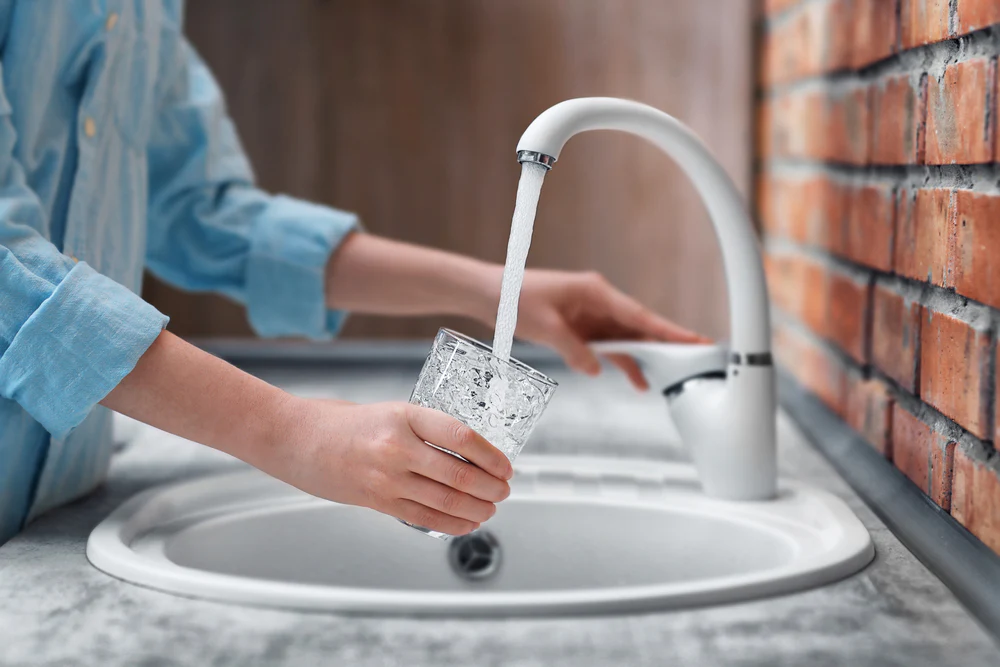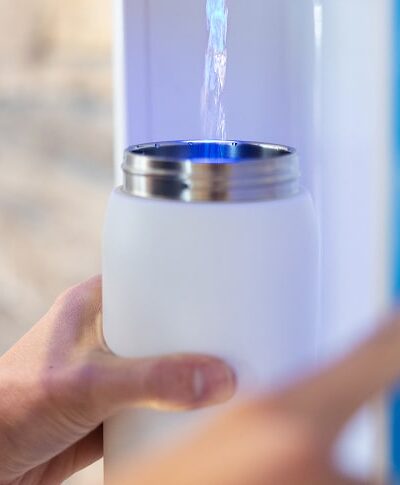Staying hydrated is essential for maintaining overall health, and while many of us focus on drinking enough water throughout the day, it’s easy to overlook the importance of hydration during the night. During sleep, your body loses moisture through breathing and perspiration, and waking up feeling dehydrated can leave you sluggish, with dry skin, or even cause discomfort. To ensure you wake up feeling refreshed and properly hydrated, here are a few strategies to help you stay hydrated throughout the night.
1. Drink Water Consistently Throughout the Day
One of the best ways to stay hydrated overnight is to start early. Hydrating consistently throughout the day ensures your body maintains a healthy water balance by bedtime. Avoid chugging large amounts of water right before you sleep, as this can lead to frequent trips to the bathroom, disrupting your rest. Instead, sip water throughout the day so that your body absorbs it gradually. Opt for clean, filtered water for optimal hydration throughout the day.

2. Incorporate Hydrating Foods into Your Diet
Eating foods with high water content can significantly boost your overall hydration. Include water-rich fruits and vegetables like cucumbers, melons, oranges, strawberries, and lettuce in your diet, especially during dinner. These foods help your body retain moisture without causing the need for excessive bathroom breaks.
3. Hydrate Before Bed, But Don’t Overdo It
It’s a good idea to have a small glass of water before bed, but moderation is key. Drinking a large amount right before sleeping can make you wake up in the middle of the night. A small glass (around 4-6 oz) is typically enough to ensure you’re not waking up parched without flooding your system.
4. Use a Humidifier
If you sleep in a dry environment, especially during winter months when heaters are running, your body can lose water through the skin more quickly. Running a humidifier in your bedroom adds moisture to the air, preventing your skin from becoming dry and keeping you more hydrated as you sleep. As we know, hydration is not only vital for our physical health and optimal performance, but also important in keeping our skin clear and healthy!

5. Keep Water Nearby
If you wake up during the night feeling thirsty, it’s helpful to have water within arm’s reach. A bedside water bottle or glass can allow you to rehydrate without fully waking up or disrupting your sleep cycle.
6. Limit Caffeine and Alcohol Before Bed
Caffeinated beverages and alcohol can be dehydrating, especially if consumed in the hours leading up to bedtime. These drinks can also interfere with sleep quality. Opt for herbal teas or water in the evening to avoid dehydration and promote more restful sleep.
7. Consider Electrolyte-Rich Beverages
If you find that you wake up dehydrated despite drinking water before bed, it may be due to an imbalance in electrolytes. Low levels of sodium, potassium, and magnesium can prevent your body from retaining water effectively. Drinking an electrolyte-rich beverage, like coconut water, before bed can help balance your body’s fluid levels overnight.
8. Monitor Your Environment
Your bedroom temperature can play a role in how much water your body uses overnight. If your room is too warm, you may sweat more, increasing fluid loss. Keeping the room cool, around 60-67°F (15-19°C), can help reduce nighttime dehydration caused by sweating.
Conclusion
Maintaining hydration overnight is key to waking up feeling refreshed and revitalized. By focusing on hydration throughout the day, consuming water-rich foods, and using strategies like running a humidifier or moderating your evening water intake, you can stay optimally hydrated through a full night’s sleep. Remember, good hydration isn’t just about how much water you drink but about how your body retains and uses it—so implementing these tips will support your health from night to morning!




